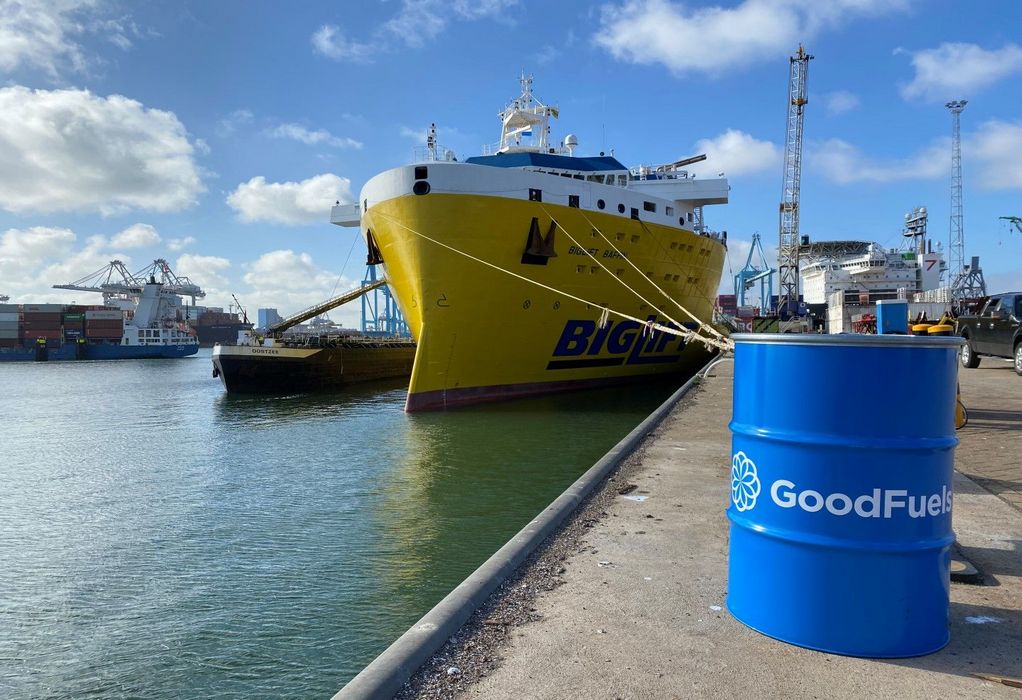Dutch offshore drilling services provider Glomar Offshore has revealed that it has achieved CO2 emissions reduction by 28% by transitioning from traditional fuels to GoodFuels’ HVO30, a sustainable marine biofuel blend.
As disclosed, Glomar Offshore took its first steps towards making its operations more sustainable several years ago by adding FincoEnergies’ ChangeXL additive, which resulted in a 1,006,892 kg CO2 reduction in 2023.
The company continued to pursue the decarbonization quest and advanced its sustainability efforts by shifting from traditional marine fuels to GoodFuels HVO30. The first successful delivery of this sustainable alternative took place last month in Harlingen, with a 2009-built. Glomar Supporter. The vessel received the fuel while working for ROVCo.
According to Glomar, this has resulted in an additional 28% reduction in CO2 emissions. The offshore services provider emphasized that it plans to use GoodFuels’ HVO30 across its entire fleet this year.
FincoEnergies, Glomar Offshore’s decarbonization partner, helped in facilitating their next step towards more sustainable operations.
To remind, FincoEnergies recently received a permit to supply bio-methanol within the Amsterdam port area. According to the Dutch supplier, a certified CO2 reduction of no less than 92.4% can be achieved with bio-methanol compared to conventional fossil fuels. FincoEnergies will offer bio-methanol under the GoodFuels brand.
Tags: Emission, Glomar, GoodFuels



Recent Posts
DNV Grants Approval in Principle for New Ammonia Bunkering Vessel Design
Proteus Launches Modular Hydrogen Fuel Cell System for Maritime Sector
Van Oord Unveils Boreas, World’s Largest and Most Sustainable Offshore Wind Installation Vessel
New methanol-fuelled vessel ‘Berlin Maersk’ to enter service
NMPA wins greentech global environment award
CMA CGM in negotiations with Indian shipyards for LNG-powered shipbuilding
L&T to Develop Green Hydrogen and Ammonia Projects in Kandla
Pan Ocean Orders Two Eco-Ready VLCCs from HD Hyundai Heavy Industries